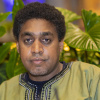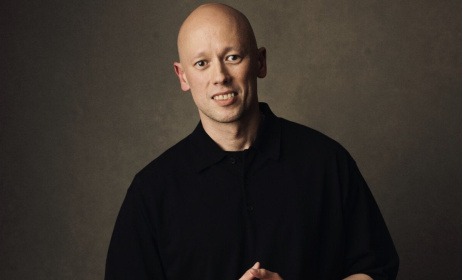SoundLabs and UMG team up on AI vocal tool MicDrop
Universal Music Group (UMG) and AI technology company SoundLabs have announced a strategic agreement that will enable UMG’s artists and producers to use SoundLabs MicDrop, an AI vocal plugin, to create official vocal models.
 The new plugin will allow UMG artists to explore different vocal transformations
The new plugin will allow UMG artists to explore different vocal transformations
Launching soon, MicDrop will allow artists to use their own voice data for training while retaining control over ownership and giving them full artistic approval and control of the output.
The real-time plugin is compatible with all major digital audio workstations and allows artists and producers to explore vocal transformations, including ultra-high fidelity voice to voice, voice to instrument, speech to singing, and language transposition.
“Together, UMG and SoundLabs are collaborating to allow UMG artists to create custom vocal models that will be available for their exclusive creative use cases, and not to the general public,” UMG said. “MicDrop is the first in a suite of interoperable AI tools and services developed by SoundLabs for sound design and music generation. It gives artists new ‘music super-powers’ and completely reimagines how music is made, enabling them to expand what is possible. SoundLabs’ goal is to place powerful new compositional tools at artists’ fingertips, while supporting proper management of their intellectual property.”
SoundLabs was founded by Grammy-nominated producer, composer, software developer and electronic artist BT. It aims to help artists retain creative control over their data and models and enhance respect for intellectual property rights.
“UMG strives to keep artists at the centre of our AI strategy, so that technology is used in service of artistry, rather than the other way around,” UMG senior vice-president for strategic technology Chris Horton said. “We are thrilled to be working with SoundLabs and BT, who have a deep and personal understanding of both the technical and ethical issues related to AI. Through direct experience as a singer and in partnership with many vocal collaborators, BT understands how performers view and value their voices, and SoundLabs will allow UMG artists to push creative boundaries using voice-to-voice AI to sing in languages they don’t speak, perform duets with their younger selves, restore imperfect vocal recordings, and more.”
BT said: “It’s a tremendous honour to be working with the forward-thinking and creatively aligned Universal Music Group. We believe the future of music creation is decidedly human. Artificial intelligence, when used ethically and trained consensually, has the promethean ability to unlock unimaginable new creative insights, diminish friction in the creative process and democratise creativity for artists, fans, and creators of all stripes. We are designing tools not to replace human artists, but to amplify human creativity.”
Recently, UMG and Roland published Principles for Music Creation With AI, a series of clarifying statements relating to the responsible use of AI in music creation. The principles, which the two companies are advocating to be adopted across the music industries, highlight an opportunity for innovation with AI in music production, composition and songwriting, while underscoring the need for transparency, equity and community involvement.






























Comments
Log in or register to post comments